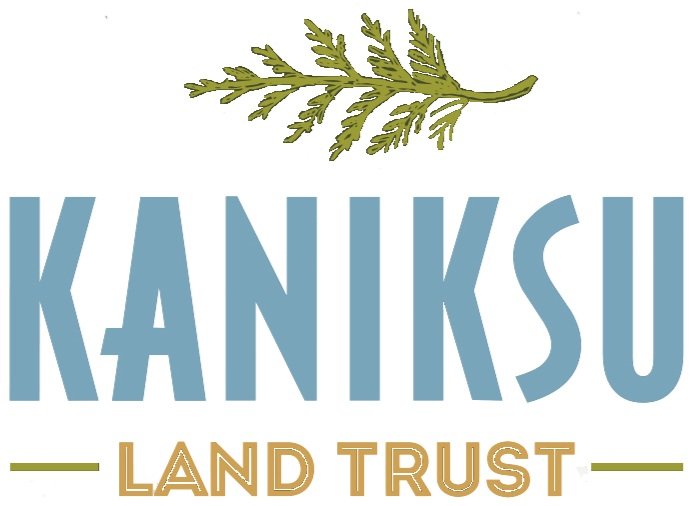Virginia Overland has lived in Bonner County for more than 80 years, and her love of this land and the old Morton community, is something she thinks about almost every day. Growing up on her family farm during the depression, she helped with milking cows and other farm chores, just as the other kids were doing. However, there were big changes coming.
By the 1950’s, when she and her husband were able to take over the farm work, the first wave of subdivision arrived. At first only the lake shoreline and adjoining fields were impacted, but soon whole farms were taken out of production. Since the home place could not support the larger herd of cattle they were accumulating, the couple leased pasture and hay land. Some of it was from nearby neighbors, but many summers the cattle were miles from home. Fences had to be maintained and checked on each week. For over 40 years the Overlands raised cattle. One summer, Virginia was checking 17 miles of fence line.
While walking these lands, many with remnants of old orchards and buildings, Virginia could feel the presence of those who had spent their lives there. Would all these lands eventually disappear to be covered with streets and houses? Yes. Now, 60 years later, many of the places on which Overland cattle once grazed have become streets and houses.
Each year more parcels are sold and subdivided, ranching lands are lost, wildlife habitat disappears, and another historic trailhead is closed. Once the land is gone, it’s gone forever.
Conservation easements provide one tool to ensure that family lands such as the Overlands’ remains as open space in perpetuity. Once protected, the land can’t be subdivided for condos, and fields and pastures can’t be cut into lots that won’t support ranching or wildlife.
